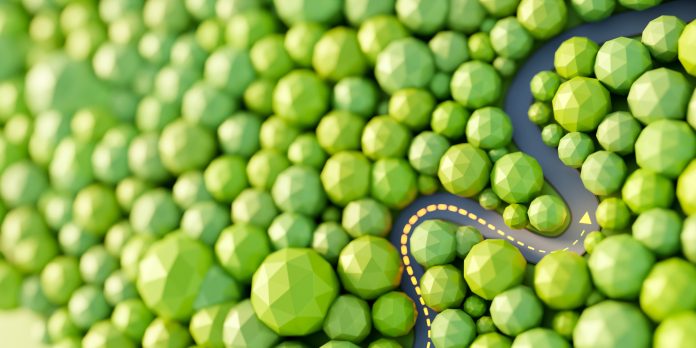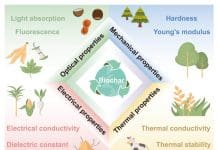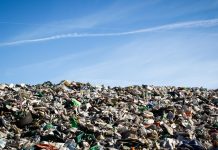As the world shifts away from fossil-based resources, bio-based innovation is starting to take form. This creates a sustainable, renewable alternative that will change industries, reduce emissions and help build a circular economy
A significant aspect of this change is the CBE Joint Undertaking (CBE JU), which is driving innovation through groundbreaking bio-based projects across Europe.
Making use of waste
Bio-based products are redefining what we consider waste. If you think about leftover food helping to insulate your home, unused sugar beet parts becoming high-performance nylon, or discarded chicken feathers turning into biodegradable seed trays. These transformations show the benefits of circular thinking, where waste becomes the starting point for something new.
Across Europe, CBE JU has backed more than 36 market-ready bio-based products and supported over 80 demonstration plants. These cover industries, ranging from construction and packaging to cosmetics and agriculture, as long as bio-based solutions are implemented.
Projects that are leading the way
In Slovenia, the EFFECTIVE project developed fully bio-based nylon from sugar beet, wood residues, and straw waste. The yarns created from this innovative material are now being used in swimwear, cycling apparel, carpets, and more. Its success has the potential to ripple across sectors like fishing, agriculture, and personal care.
In Italy, the FIRST2RUN project partnered with farmers to cultivate cardoon, an underutilised oil crop, to produce biodegradable shopping bags and other products. This initiative didn’t just bring new products to market, it also revitalised arid Sardinian land and created a closed-loop production model that benefits local agriculture and reduces environmental impact.
Sustainable plastics and protein alternatives
The PEFerence project launched a biorefinery in October 2024, converting crop residues into plastic alternatives for bottles, films, and fibres. These bio-based plastics even outperform traditional versions in certain areas, such as maintaining the freshness of fizzy drinks for longer.
In the Netherlands, the PLENITUDE project is tackling emissions from meat production with mycoproteins. Utilising leftover cereal crops, this large-scale biorefinery produces low-cost proteins for food and feed, with a significantly smaller carbon footprint and reduced water usage compared to livestock farming.
Circular Solutions for Everyday Products
The SCALE project built the world’s first integrated microalgae biorefinery in France, producing natural ingredients for a range of products, from supplements to cosmetics. Meanwhile, UNLOCK is transforming Europe’s 3.6 million tonnes of poultry feather waste into soil-enriching seed trays and biodegradable agricultural products.
The WASTE2FUNC project took rejected fruits, vegetables, and food industry side streams and turned them into bioplastics and organic cleaning products.
These projects demonstrate how bio-based products are already transforming the way we live, consume, and care for the planet. By reducing reliance on fossil resources and creating circular systems, CBE JU-supported innovations are helping to build a more resilient and eco-friendly future.











